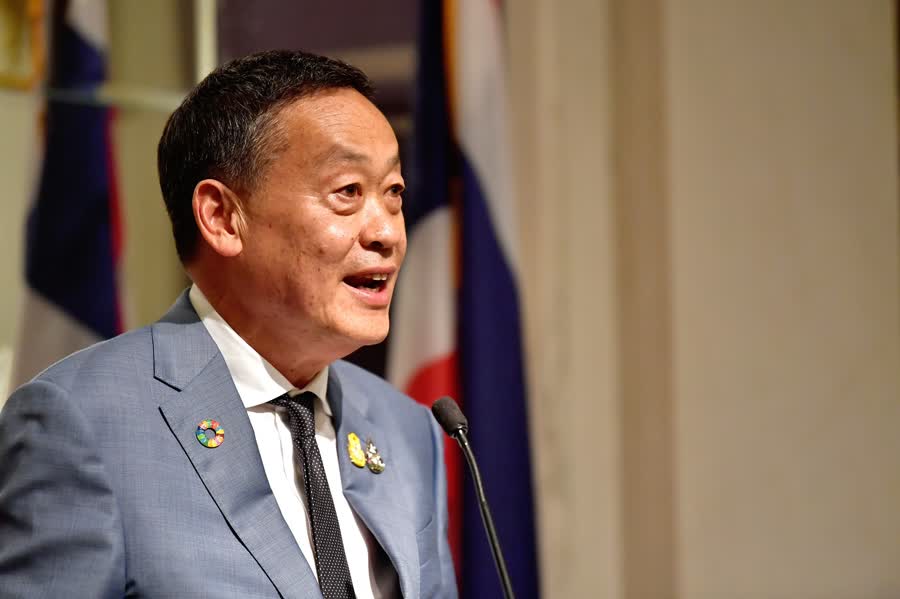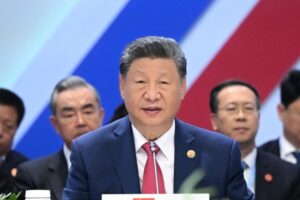
The recent High-Level Dialogue on Financing for Development, held during the 78th session of the United Nations General Assembly, focused attention on the role of the global financial architecture in achieving the Sustainable Development Goals ( SDG).
Thailand’s Prime Minister and Finance Minister Srettha Thavisin called for reforms in international financial systems to facilitate more inclusive development financing. He underlined the importance of three key issues: the role of developing countries in international financial institutions, effective debt management and mitigation of risks related to increased indebtedness.
To generate practical recommendations for development financing in Asia and the Pacific, the Thai government, in partnership with the Ministry of Foreign Affairs and ESCAP, will host a seminar on October 2, 2023 titled “Sustainable Financing: Closing the Gap.” gap in Asia and the Pacific. The event aims to improve the financing of regional development in a comprehensive manner.
Thailand has also committed to financial sustainability by issuing Sustainability Bonds since 2020 and plans to introduce Sustainability Linked Bonds next year. An initiative known as “Thai Taxonomy” is being developed to align investment activities with global sustainability standards. In addition, the country supports the expansion of multi-sector development banks to strengthen capital for various projects and address regional liquidity crises.
Thai Ministry of Foreign Affairs offers humanitarian aid after Libya floods
The Prime Minister announced Thailand’s ambitious plans for environmental sustainability, including a roadmap to phase out coal use by 2040 and a significant reduction in greenhouse gas emissions by 2025.
Thailand has also committed to financial sustainability by issuing Sustainability Bonds since 2020 and plans to introduce Sustainability Linked Bonds next year
These objectives have been incorporated into the National Energy Plan, focused on the transformation of the transportation sector and the increase in national production of electric vehicles. In an effort to mitigate climate-related vulnerabilities and improve the livelihoods of Thai farmers, Thailand is adopting sustainable agricultural practices.
The country has set a goal of expanding green spaces, with the aim of covering 55% of its total area by 2037. The Prime Minister thanked the United Nations Secretary-General for his support and reaffirmed Thailand’s determination to achieve these environmental and financial objectives, closely aligned with the universal goal of net zero greenhouse gas emissions by 2050.

Source: https://reporteasia.com/economia/desarrollo-sostenible/2023/09/22/tailandia-fija-objetivo-neutralidad-carbono/

